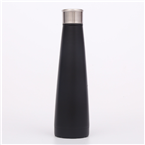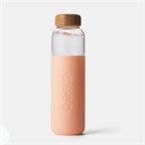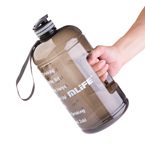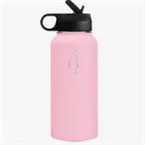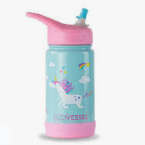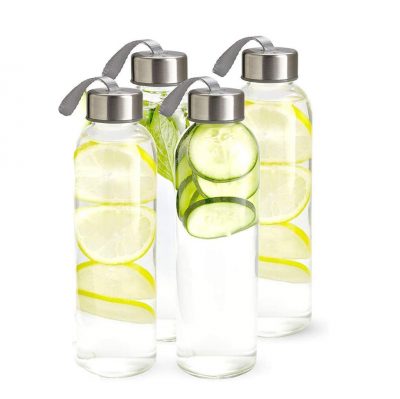Introduction: As the world grapples with the plastic pollution crisis, the debate between glass water bottles and plastic bottles intensifies. In this comparison blog, we’ll examine the environmental impact of both options, shedding light on why glass water bottles are increasingly being hailed as the greener choice. Through an analysis of production, recycling, and disposal, we aim to highlight the advantages of glass water bottles in promoting a more sustainable and responsible approach to hydration.
- Production and Resource Consumption: Glass water bottles are crafted from natural materials like silica, limestone, and soda ash, reducing the demand for petroleum-derived resources used in plastic bottle production. This difference makes glass water bottles a more eco-friendly option from the outset.
- Recycling and End-of-Life Management: Glass water bottles are infinitely recyclable without a loss of quality, encouraging a circular economy where bottles can be repurposed indefinitely. On the other hand, plastic bottles often face challenges in recycling due to various plastic types and contamination issues, leading to a significant amount of plastic waste ending up in landfills or the environment.
- Durability and Reusability: Glass water bottles’ durability ensures a longer lifespan, reducing the need for frequent replacements that are common with single-use plastic bottles. With proper care, glass water bottles can serve as reliable companions for years, promoting responsible consumption and reducing overall waste.
- Minimizing Ocean Pollution: Plastic bottles are a major contributor to ocean pollution, with millions ending up in marine ecosystems annually. By choosing glass water bottles, individuals can actively contribute to reducing plastic pollution in our oceans, safeguarding marine life and habitats.
- Promoting Sustainable Consumer Choices: Embracing glass water bottles reflects a conscious decision to prioritize the environment, making a positive impact on the planet through everyday choices. By choosing sustainable alternatives, individuals become advocates for a greener future and inspire others to do the same.
Conclusion: In the comparison between glass water bottles and plastic bottles, the evidence overwhelmingly supports the eco-friendly merits of glass water bottles. From their resource-efficient production to infinite recyclability and reduced ocean pollution, glass water bottles emerge as the greener and more sustainable choice. By opting for glass water bottles, individuals can take a significant step towards minimizing plastic waste and promoting a cleaner and healthier planet for future generations.


